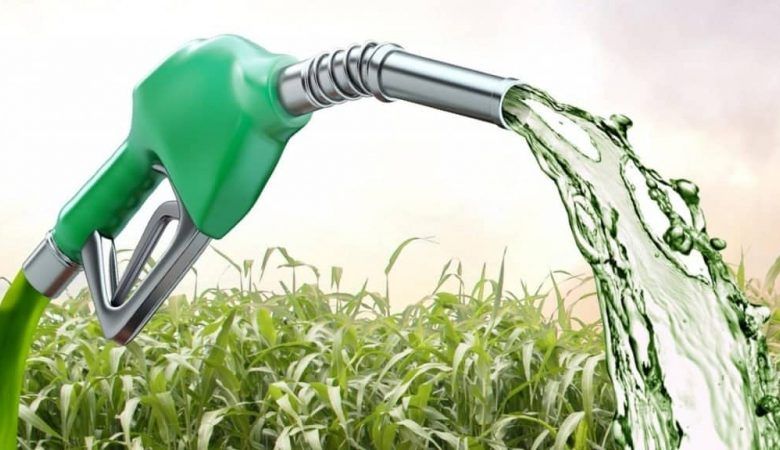Brazil leads sugarcane ethanol production

As the world’s largest producer of sugarcane ethanol, Brazil is now at the forefront of renewable energy among developing countries.
The production of ethanol comprises several activities such as the development of special varieties of sugar cane, cultivation techniques, processing, storage, distribution and technology of flexible fuel engines.
Recently, according to the Brazilian government, the investigation has focused on the development of sugarcane varieties, second generation ethanol and optimization of agricultural and industrial production processes.
In 2020, the production of anhydrous and hydrated ethanol in Brazil reached 32.8 million cubic meters, a decrease of 7.1% compared to production in 2019.
The federal government also promotes the production of biodiesel and its use as a source of sustainable energy through the National Program for the Production and Use of Biodiesel.
Biodiesel production reached 6.4 million cubic meters in 2020, an increase of 9.0% compared to 2019 production.
Ethanol
The National Oil and Gas Agency (ANP) is an independent regulatory agency linked to the Ministry of Mines and Energy, which regulates the oil industry in Brazil.
Asimismo, the ANP is responsible for carrying out public tenders for drilling, oil and gas concessions in areas or defined blocks. The concession regime covers approximately 98% of the Brazilian sedimentary basin.
Also the ANP regulates the production of ethanol in Brazil. The federal government has continuously supported the development of technologies, production and distribution of ethanol as an alternative to petroleum.
Brazil has one of the largest world reserves of tropical jungle and fresh water and biodiversity, according to the Ministry of Mines and Energy, one of the cleanest energy consumption profiles in the industrialized world, with 85% of its entire energy production capacity derived from renewable sources in November 2020.
In particular, Brazil is the world’s second largest producer of ethanol fuel.
Brazil is currently experiencing a severe drought and, as a result, there have been cases of water shortages in the southern, mid-western and northeastern regions of the Republic.
The drought may cause an increase in energy prices and a greater risk of energy shortages and forest fires, as well as impacts on the Brazilian economy, including the agricultural sector.
![]()

